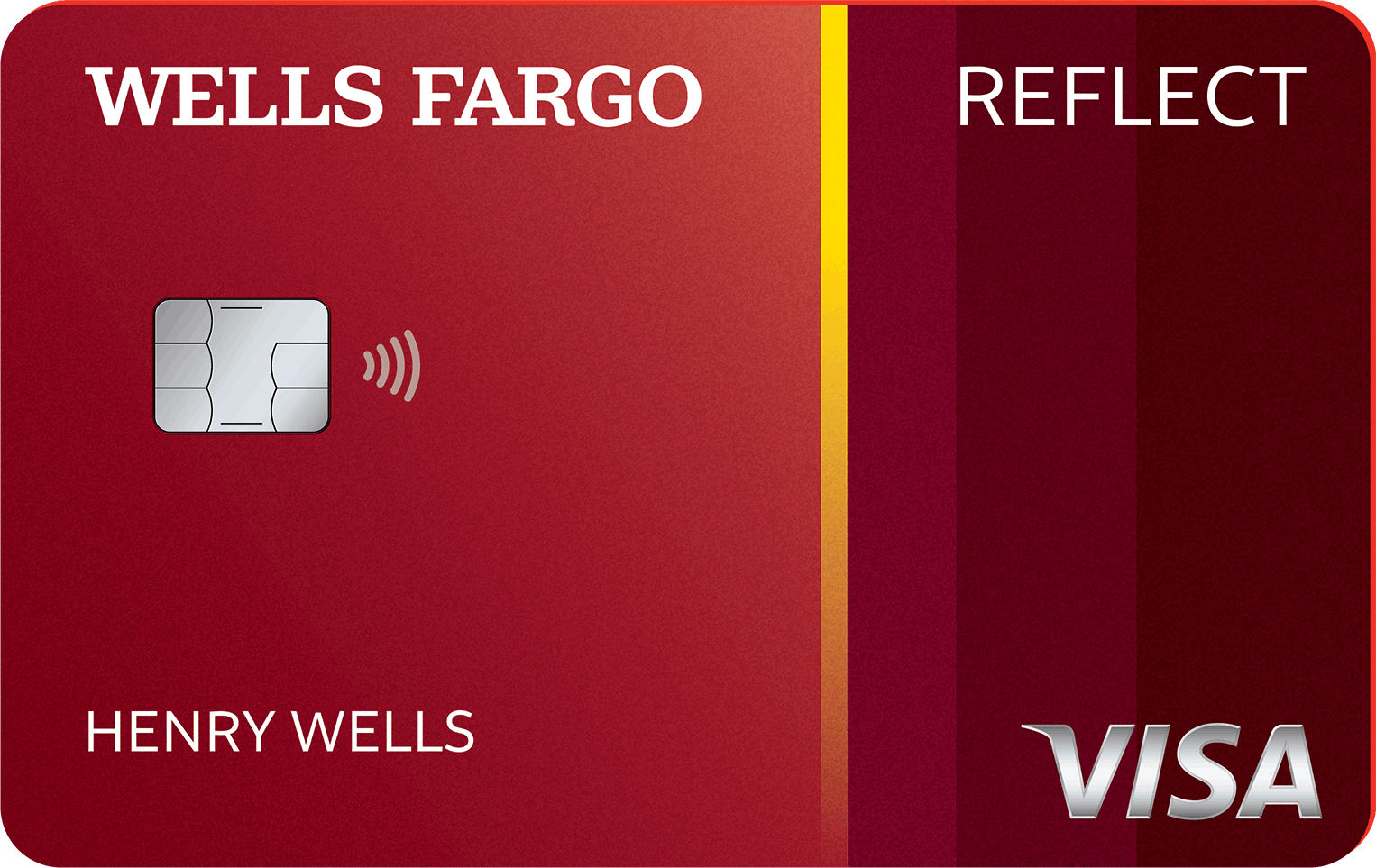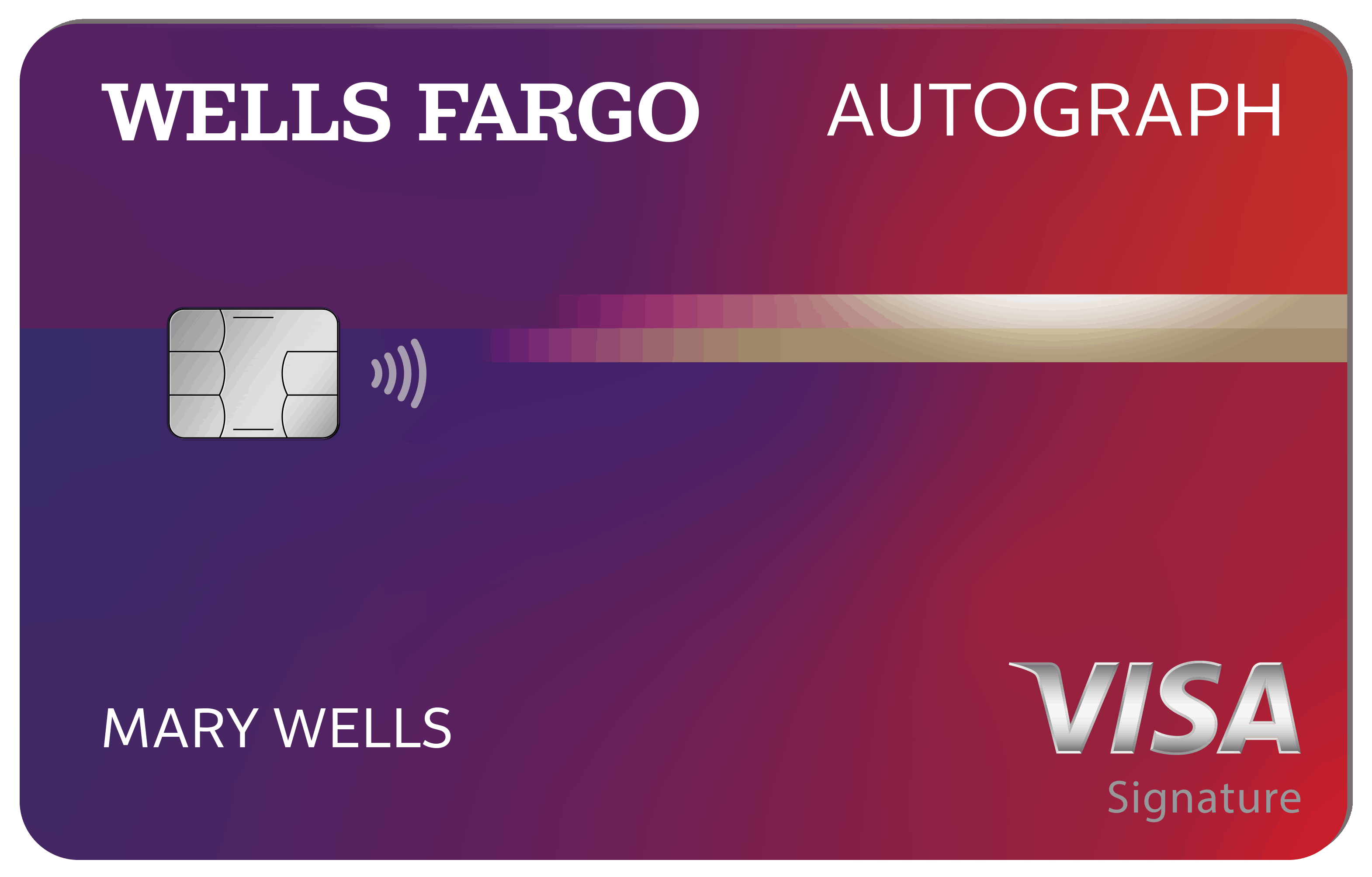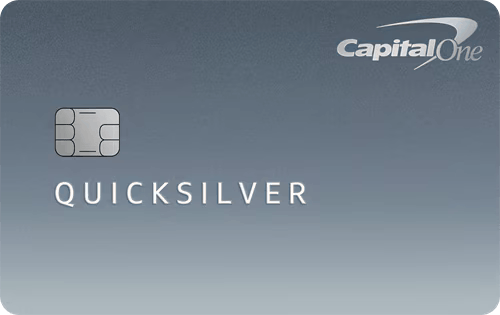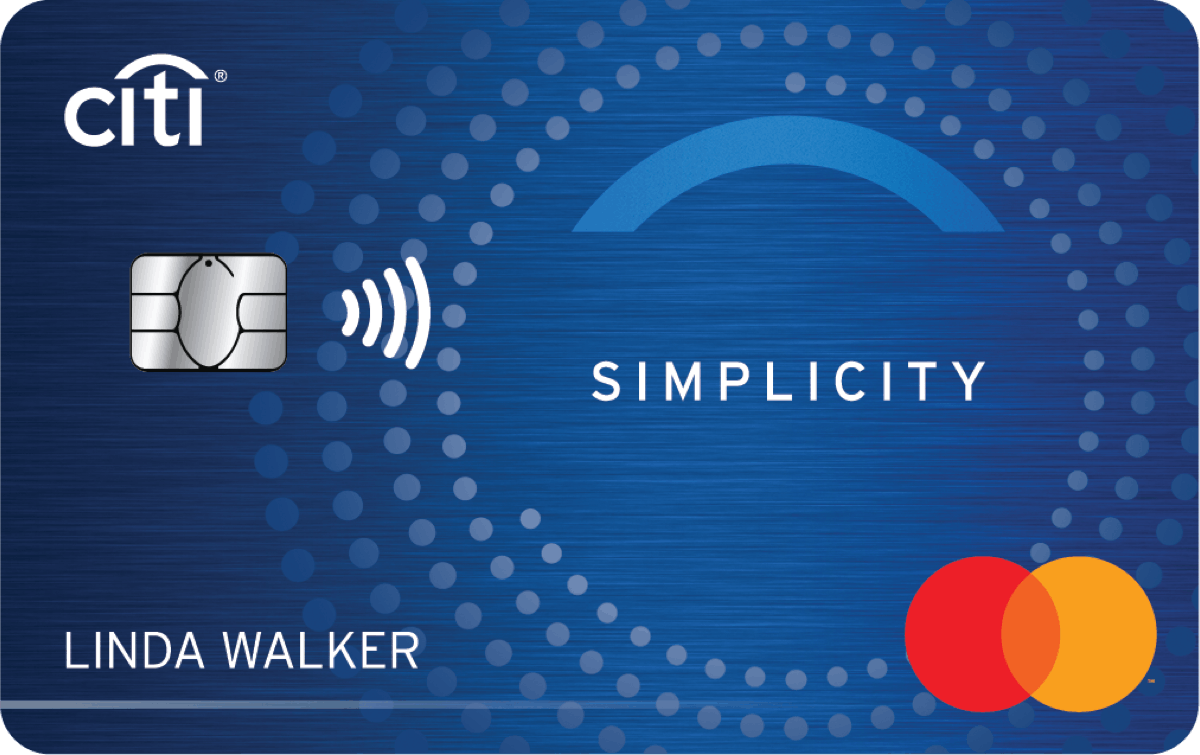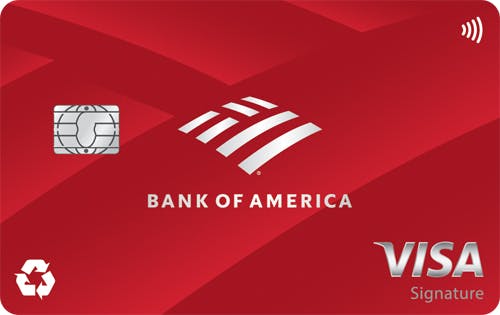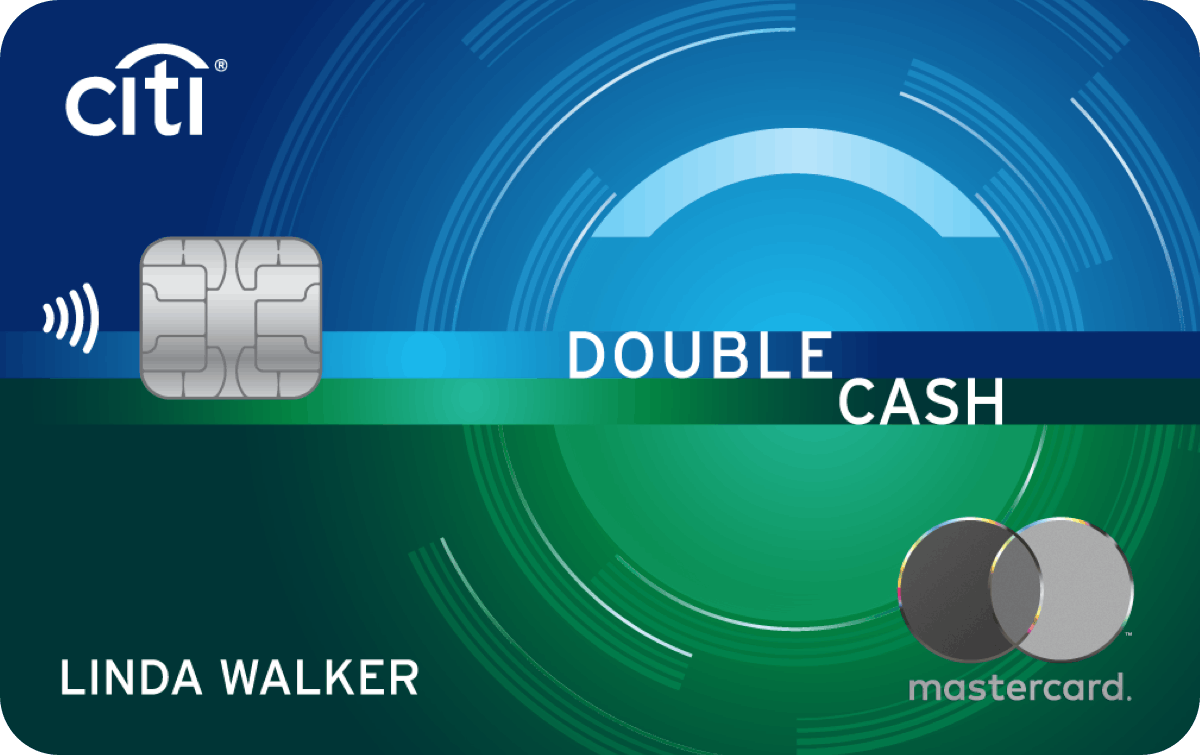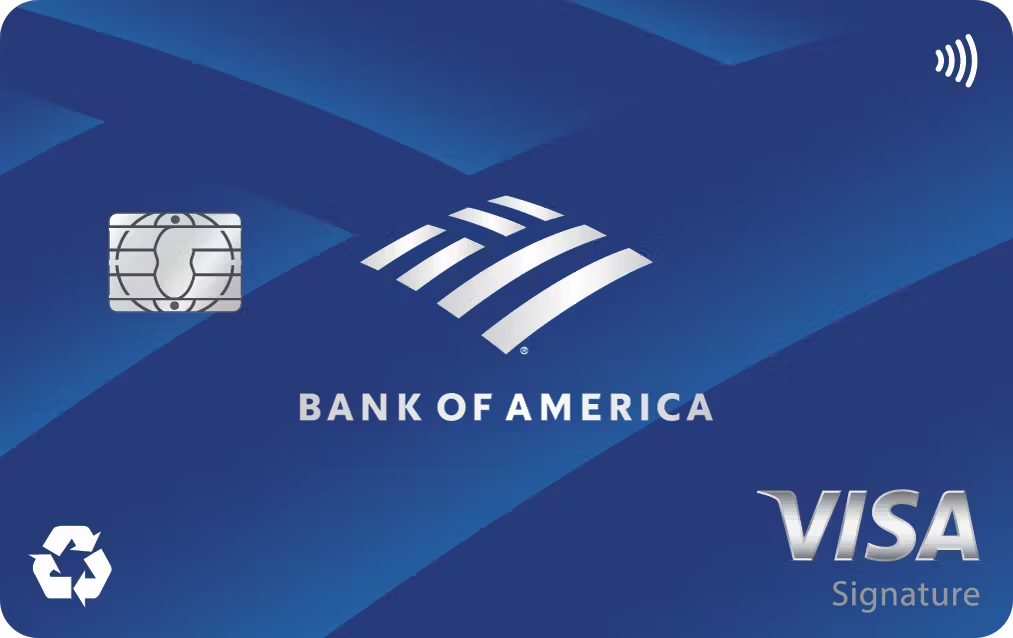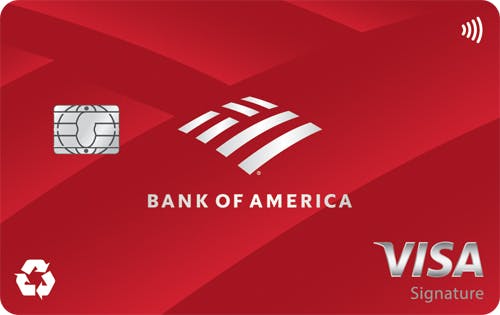0% APR credit cards
We think you'll love these cards from our partners.
CK Editors’ Tips††: Cards with 0% APR offers can be great ways to pay off existing debt and avoid immediate interest charges on new purchases. Look for an intro APR period that’s long enough to allow you to manage your situation effectively.Read more
What to consider when choosing a 0% APR credit card
The most important feature to consider when finding a 0% APR credit card is the length of the intro APR period — it’s likely to determine if you’re able to pay off your balances without seeing interest charges. It’s also important to check the fine print because 0% APR offers can come with complicated rules. For instance, paying late may cause you to lose your interest offer.
The most important feature to consider when finding a 0% APR credit card is the length of the intro APR period — it’s likely to determine if you’re able to pay off your balances without seeing interest charges. It’s also important to check the fine print because 0% APR offers can come with complicated rules. For instance, paying late may cause you to lose your interest offer.
How we picked the best 0% APR credit cards
We chose the best 0% APR credit cards by focusing on cards that offer relatively long intro periods for purchases, balance transfers or both. In some cases, cards feature the same 0% APR period length for both purchases and balance transfers, but we didn’t limit ourselves to only those cards. We also picked several cards that offer ongoing rewards value after the end of the intro APR period because you may want a reason to keep your card open once you’re no longer focusing on managing interest. Read more about our methodology for picking the best credit cards.
Jump to editors’ picksWe chose the best 0% APR credit cards by focusing on cards that offer relatively long intro periods for purchases, balance transfers or both. In some cases, cards feature the same 0% APR period length for both purchases and balance transfers, but we didn’t limit ourselves to only those cards. We also picked several cards that offer ongoing rewards value after the end of the intro APR period because you may want a reason to keep your card open once you’re no longer focusing on managing interest. Read more about our methodology for picking the best credit cards.
Great for long intro APR periods††
Great for long intro APR periods††
Wells Fargo Reflect® Card
Intro purchase APR
0% intro APR for 21 months from account openingRegular purchase APR
17.24%, 23.74%, or 28.99% Variable APRAnnual fee
$0
Intro purchase APR
0% intro APR for 21 months from account opening
Regular purchase APR
17.24%, 23.74%, or 28.99% Variable APR
Annual fee
$0
- Approval odds are statements made by Credit Karma and may not reflect Wells Fargo's underwriting criteria.
- Select "Continue" to take advantage of this offer and learn more about product features, terms and conditions.
Great for rewards on everyday spending††
Great for rewards on everyday spending††
Wells Fargo Autograph® Card
Intro purchase APR
0% intro APR for 12 months from account openingRegular purchase APR
19.24%, 24.24%, or 29.24% Variable APRAnnual fee
$0
Intro purchase APR
0% intro APR for 12 months from account opening
Regular purchase APR
19.24%, 24.24%, or 29.24% Variable APR
Annual fee
$0
- Approval odds are statements made by Credit Karma and may not reflect Wells Fargo's underwriting criteria.
- Select "Continue" to take advantage of this offer and learn more about product features, terms and conditions.
Great for simple cash back††
Great for simple cash back††
Capital One Quicksilver Cash Rewards Credit Card
Intro purchase APR
0%* for 15 monthsRegular purchase APR
19.24% - 29.24% (Variable)Annual fee
$0
Intro purchase APR
0%* for 15 months
Regular purchase APR
19.24% - 29.24% (Variable)
Annual fee
$0
- 0% intro APR on purchases and balance transfers for 15 months; 19.24% - 29.24% variable APR after that; balance transfer fee applies, 3% fee on the amounts transferred within the first 15 months, 4% at a promotional APR that Capital One may offer you at any other time
- Earn a one-time $200 cash bonus after you spend $500 on purchases within 3 months from account opening
Great for high flat-rate cash back††
Great for high flat-rate cash back††
Wells Fargo Active Cash® Card
Intro purchase APR
0% intro APR for the first 12 months from account openingRegular purchase APR
19.24%, 24.24%, or 29.24% Variable APRAnnual fee
$0
Intro purchase APR
0% intro APR for the first 12 months from account opening
Regular purchase APR
19.24%, 24.24%, or 29.24% Variable APR
Annual fee
$0
- Approval odds are statements made by Credit Karma and may not reflect Wells Fargo’s underwriting criteria
- Select "Continue" to take advantage of this offer and learn more about product features, terms and conditions.
Great for a long balance transfer offer††
Great for a long balance transfer offer††
Citi Simplicity® Card
Intro purchase APR
0% for 12 MonthsRegular purchase APR
18.24% - 28.99%* VariableAnnual fee
$0
Intro purchase APR
0% for 12 Months
Regular purchase APR
18.24% - 28.99%* Variable
Annual fee
$0
- No Late Fees, No Penalty Rate, and No Annual Fee... Ever
- 0% Intro APR for 21 months on balance transfers and for 12 months on purchases; after that, the variable APR will be 18.24% - 28.99%, based on your creditworthiness. Balance transfers must be completed within 4 months of account opening.
Great for choosing your top category††
Great for choosing your top category††
Bank of America® Customized Cash Rewards credit card
Intro purchase APR
0% Intro APR for 15 billing cycles for purchasesRegular purchase APR
18.24% - 28.24% Variable APR on purchasesAnnual fee
$0
Intro purchase APR
0% Intro APR for 15 billing cycles for purchases
Regular purchase APR
18.24% - 28.24% Variable APR on purchases
Annual fee
$0
- $200 online cash rewards bonus after you make at least $1,000 in purchases in the first 90 days of account opening.
- Earn 3% cash back in the category of your choice, automatic 2% at grocery stores and wholesale clubs (up to $2,500 in combined choice category/grocery store/wholesale club quarterly purchases) and unlimited 1% on all other purchases.
Great for high flat-rate cash back††
Great for high flat-rate cash back††
Citi Double Cash® Card
Intro purchase APR
N/ARegular purchase APR
18.24% - 28.24%* VariableAnnual fee
$0
Intro purchase APR
N/A
Regular purchase APR
18.24% - 28.24%* Variable
Annual fee
$0
- Earn $200 cash back after you spend $1,500 on purchases in the first 6 months of account opening. This bonus offer will be fulfilled as 20,000 ThankYou® Points, which can be redeemed for $200 cash back.
- Earn 2% on every purchase with unlimited 1% cash back when you buy, plus an additional 1% as you pay for those purchases. To earn cash back, pay at least the minimum due on time. Plus, a special travel offer, earn 5% total cash back on hotel, car rentals and attractions booked on the Citi Travel℠ portal through 12/31/25.
Great for travel rewards with no annual fee††
Great for travel rewards with no annual fee††
Bank of America® Travel Rewards credit card
Intro purchase APR
0% Intro APR for 15 billing cycles for purchasesRegular purchase APR
18.24% - 28.24% Variable APR on purchasesAnnual fee
$0
Intro purchase APR
0% Intro APR for 15 billing cycles for purchases
Regular purchase APR
18.24% - 28.24% Variable APR on purchases
Annual fee
$0
- 25,000 online bonus points after you make at least $1,000 in purchases in the first 90 days of account opening - that can be a $250 statement credit toward travel purchases.
- Earn unlimited 1.5 points per $1 spent on all purchases, with no annual fee and no foreign transaction fees and your points don't expire as long as your account remains open.
Great for high cash back rates††
Great for high cash back rates††
Capital One Savor Cash Rewards Credit Card
Intro purchase APR
0% intro on purchases for 15 monthsRegular purchase APR
19.24% - 29.24% (Variable)Annual fee
$0
Intro purchase APR
0% intro on purchases for 15 months
Regular purchase APR
19.24% - 29.24% (Variable)
Annual fee
$0
- 0% intro APR on purchases and balance transfers for 15 months; 19.24% - 29.24% variable APR after that; balance transfer fee applies, 3% fee on the amounts transferred within the first 15 months, 4% at a promotional APR that Capital One may offer you at any other time
- Earn a one-time $200 cash bonus once you spend $500 on purchases within the first 3 months from account opening
Great for choosing your top category††
Great for choosing your top category††
Bank of America® Customized Cash Rewards credit card for Students
Intro purchase APR
0% Intro APR for 15 billing cycles for purchasesRegular purchase APR
18.24% - 28.24% Variable APR on purchasesAnnual fee
$0
Intro purchase APR
0% Intro APR for 15 billing cycles for purchases
Regular purchase APR
18.24% - 28.24% Variable APR on purchases
Annual fee
$0
- $200 online cash rewards bonus after you make at least $1,000 in purchases in the first 90 days of account opening.
- Earn 3% cash back in the category of your choice, automatic 2% at grocery stores and wholesale clubs (up to $2,500 in combined choice category/grocery store/wholesale club quarterly purchases) and unlimited 1% on all other purchases.
More cards by category
Shop all cardsMore ways to browse cards
†† The opinions you read here come from our editorial team. Intuit Credit Karma receives compensation from third-party advertisers, but that doesn’t affect our editors' opinions. Our marketing partners don’t review, approve or endorse our editorial content. It’s accurate to the best of our knowledge when it’s posted.
